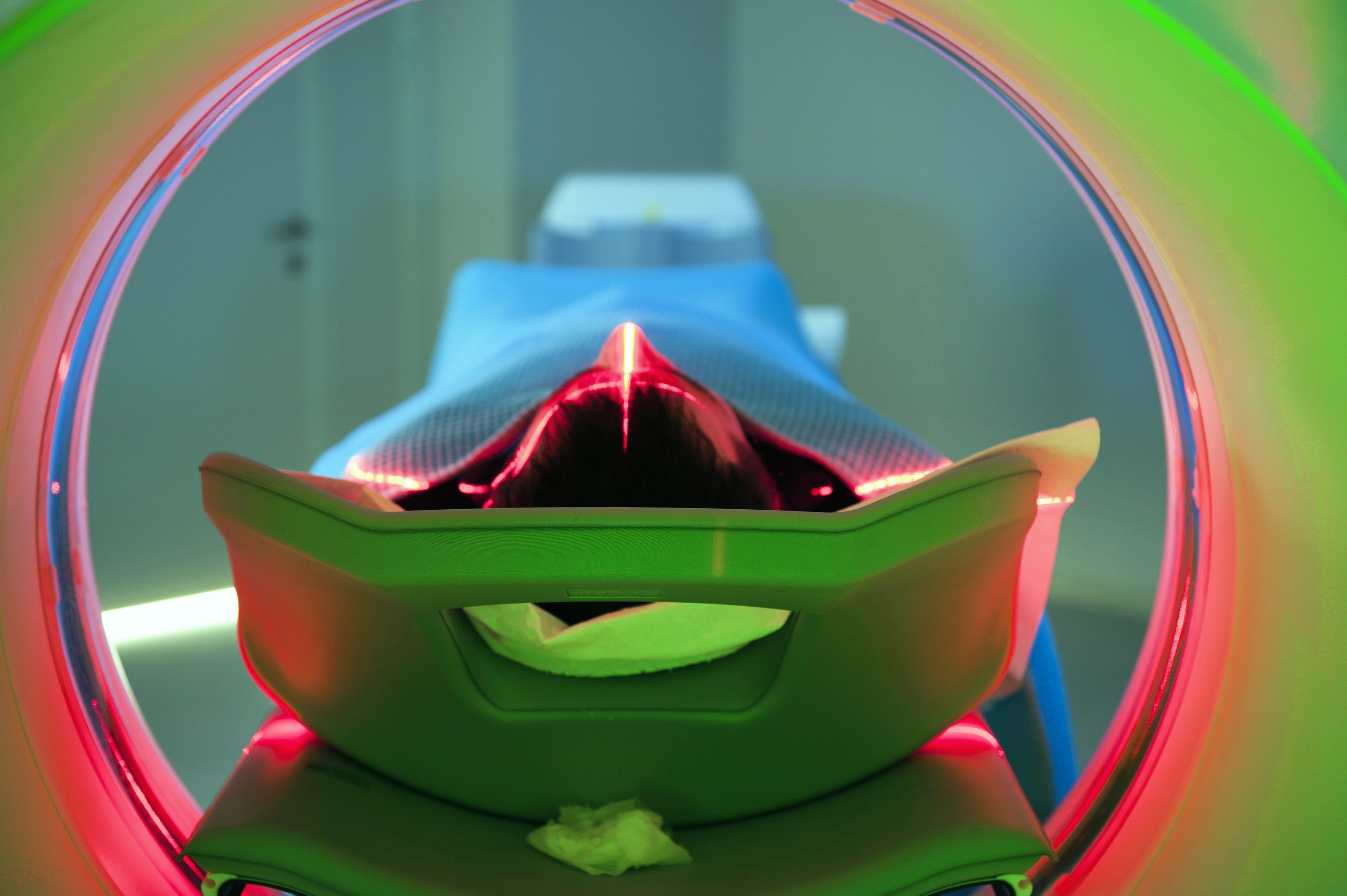Maria Vorontsova, who is reported to be President Vladimir Putin’s eldest daughter, is a shareholder of a company involved in the development of the largest private investment project in Russia’s healthcare, BBC Russia reported today.
Vorontsova holds 20% in Nomeko, which may become a managing company of the proposed 40 billion ruble ($632.9 million) state-of-the-art cancer treatment center near Saint Petersburg, BBC reported, citing anonymous sources.
BBC described the venture as Vorontsova’s “first business” and noted pledged support from “prominent players and government officials.”
Expected to be up and running by 2021, the project is backed by private investors, including the insurance company Sogaz, partially owned by billionaire Yuri Kovalchuk, which is investing 30 billion rubles ($474 million).
The 200,000-square-meter multidisciplinary center will consist of a nuclear medicine center, oncology center, an educational complex, a rehabilitation and sports center. It will have a capacity to treat up to 20,000 patients and carry out 10,000 surgeries a year.
- The center will focus on proton therapy used in nuclear medicine for diagnosis and treatment of cancer, according to Nomeko’s presentation. The proton therapy is considered to be less traumatic treatment for oncology patients, and is often used in children. Nomeko doesn’t disclose its official role in the project.
- Earlier this month, state-run TV channel Vesti reported about the plans and interviewed Vorontsova, presenting her as a children’s endocrinologist and a board member at Nomeko.
- The New Times magazine reported in 2016 that Vorontsova is Putin’s eldest daughter. She graduated from the department of fundamental medicine of the Moscow State University and worked at the Endocrinological Research Center of the Ministry of Health.
- The government plans to earmark about 5 billion rubles next year to cover expenses related to proton treatment through its Federal Compulsory Medical Insurance Fund, one of the state budget funds established to finance medical services to Russian citizens, according to BBC. That is enough to treat about 2,000 out of 35,000 cancer patients in need of care each year.






















